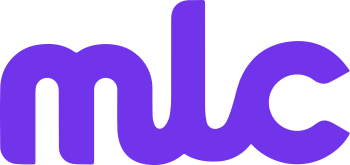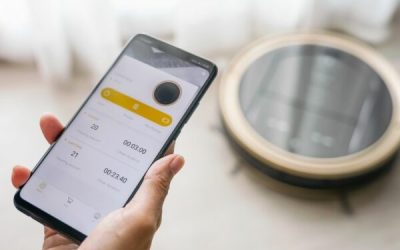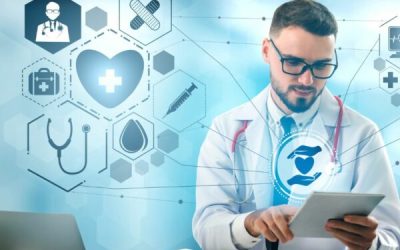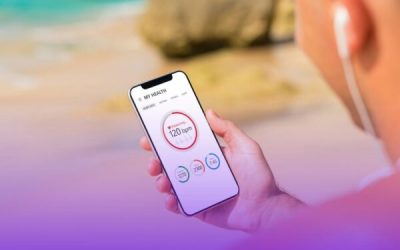
Client Overview
For the last 20 years Dexcom has been innovating and developing simpler and better ways for people with type 1 diabetes to measure, track and manage their diabetes. They do this through the manufacturing and distribution of their glucose monitoring systems for diabetes management.
Dexcom to date has eliminated the need for over 11 billion fingersticks and have successfully launched the world’s first real-time, integrated CGM system.
Learn how their partnership with My Language Connection, contributed to their international expansion into 52 countries, as well as supporting in getting their first EU patient into clinical trials, far faster than standard industry timelines.
MLC helped us to completely streamline our internal processes, speeding up our communications and increasing efficiency, allowing us to get our first human patient to trials, in Europe, a lot faster than we had planned through their expedited translation service.
Requirements & Challenges
As a pioneer in Real-Time Continuous Glucose Management (CGM), Dexcom’s goal is to simplify and improve diabetes management for every possible person with diabetes. The Dexcom G6 Continuous Glucose Monitoring System sends real-time glucose readings to users smartphones or watch, meaning that with a quick glance user can see their glucose levels – all without finger-sticks or scanning.
Dexcom asked MLC to help deploy marketing and user manual documentation for a variety of territories in a bid to expedite their entry-to-market timelines. Their Diabetes technology is now available in 52 countries worldwide.
Our Approach & Solution
My Language Connection provided translation services and high-level proofreading. MLC supplied native language subject matter experts which increased the speed and accuracy in delivering translated documentation. The translated documents were marketing materials for medical devices which helped spread awareness of Dexcom’s products across Europe, the Middle East and Africa.
The services My Language Connection provided supported Dexcom through their growth, and we continue to work with Dexcom on an ongoing basis, translating technical medical documentation, marketing materials and even social media management in multiple languages.
At MLC we are experts in providing companies within the healthcare & medical industry with expert language services. Some of our expertise include biotech translations, pharmaceutical translation, medical device translations as well as providing a wide range of medical translation services. Our partnership approach and commitment to quality mean we can help our clients improve outcomes and achieve their strategic goals.
Our On-Going Support
We are proud to have supported Dexcom for over 7 years and counting, by translating their content across the product life cycle – from study documents to gather clinical data, through product information and labelling for product registration, to promotional materials for brand launch and ongoing marketing campaigns and expansion.
We have contributed to the success of their product launches relating to G5, G6, G7, Dexcom One and Dexcom One +. Furthermore, with Dexcom’s feedback we developed the MLC Translation Management System. Our technology offers Dexcom a bespoke virtual Project Management workspace for their team to track their budgets and projects in real time; for In Country Reviewers to make changes to projects that are automatically logged into their glossaries; and ultimately get their medical devices to market 50% + faster.
Learn more from Dexcom and their experience with the MLC TMS below.
How to Avoid Embarrassing Translation Mistakes and Costly Errors
If you’re serving customers from around the world, chances are not all of your target markets have English as their first language. You'll need language translation to effectively market your services and communicate with your customers. On the other hand, there are companies in certain industries wherein accurate translation is a must to ensure regulatory compliance. Whichever case applies to you, hiring professional translators to provide...
App Localization: The Complete Guide
In 2021, about 230 billion mobile apps were downloaded to connected devices. Whether you are looking for an app for online food delivery, online banking, gaming, shopping, and more, you are sure to find one these days. For app developers, the global opportunity is huge but also competitive. To attract investors and create a profitable digital venture, scaling your app globally is likely part of your roadmap and development process. But language...
Why is Human Translation so Important?
If you’ve used Google or any other machine translator before, chances are the results you got were either far out or not natural sounding. Machine translation and automated tools can be useful for everyday use, but they cannot match the accuracy and knowledge of a professional human translator for technical industries and purposes, such as medical or legal documents. In certain circumstances, there is no...
HealthTech and MedTech: What’s the Difference?
HealthTech and MedTech are often interchanged with some assuming that they mean the same thing. However, there are significant differences between the two that require exploration of these distinctions. As the name implies, they both use technology to improve access to and delivery of health services. What is HealthTech? HealthTech is what is also known as digital health, which uses technology to enhance the delivery of health services and...
Interpreter vs Translator: What’s The Difference?
An Increasing Demand For Language Services Cultural diversity and globalization in the healthcare field have boosted the demand for language services, specifically interpretation and translation services. Interpreters and translators play a pivotal role in improving healthcare delivery and healthcare outcomes to ensure that patients of any background or native language can get the care they deserve. But when it comes to translating written and...
Mobile Health (mHealth) Language Considerations
The Rise of Digital Health Technology is one of the main drivers of the healthcare industry. It has brought several innovations to the industry, in an effort to push healthcare equity and to provide easy access to healthcare across all nationalities, languages, and social statuses. Mobile health (mHealth) is one of the best examples of how technology has transformed the healthcare industry, along with wearable devices and similar technologies....






